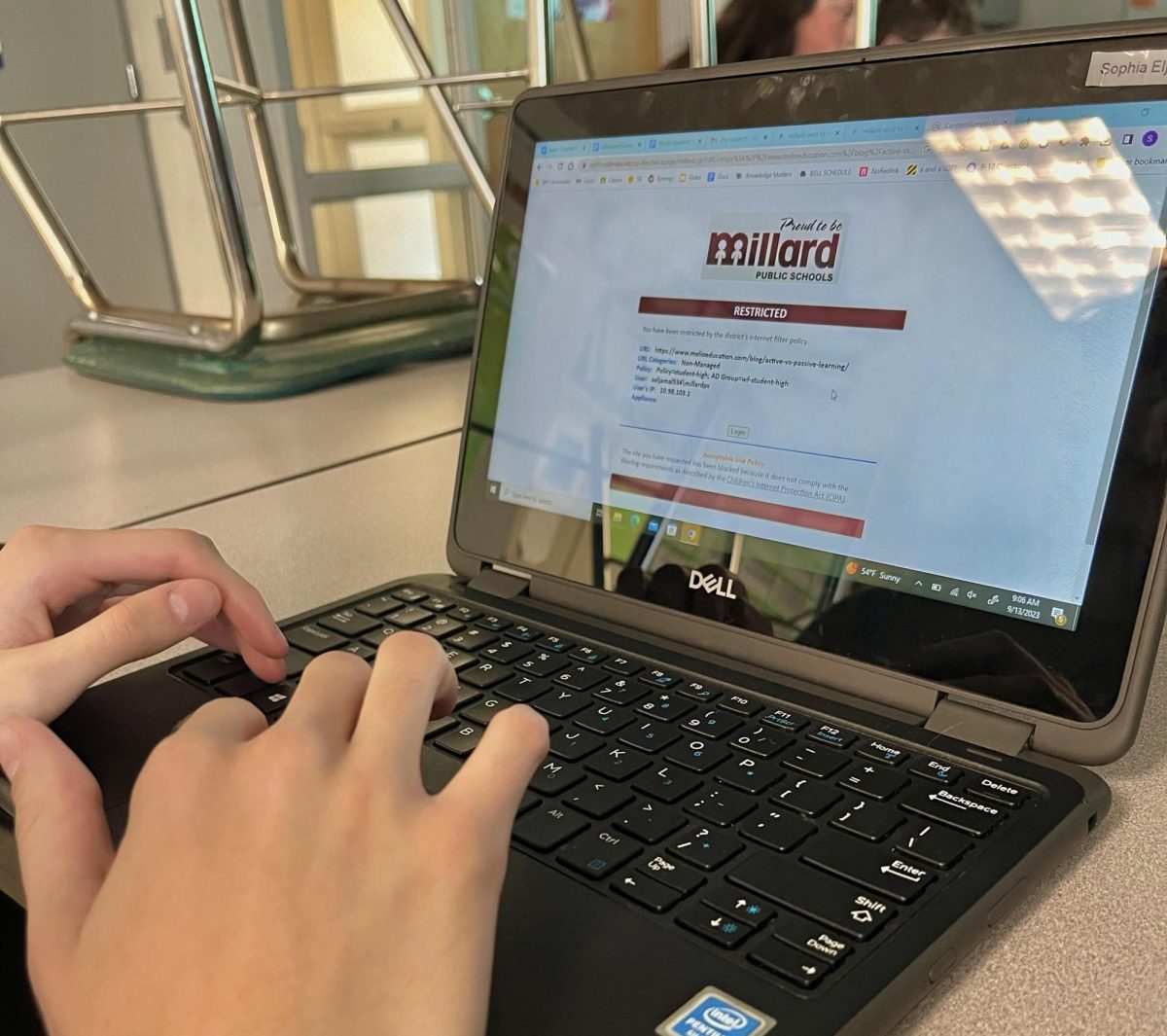In an era defined by the rapid advancement of technology, access to information has never been easier. However, many schools continue to restrict websites, believing that such measures protect students from harmful content and distractions.
While the intentions behind these restrictions mean well, it is essential to recognize that such an approach can have detrimental consequences for students’ education.
One of the fundamental principles of education is teaching curiosity and a love for learning. An article from Observer explains the problem by going over restricting websites and the risk schools face from the lack of ability for students to explore diverse topics, engage with various perspectives and develop critical thinking skills. Education should encourage intellectual freedom rather than limit it. When schools restrict websites, they create a controlled learning environment that hides students from the real-world complexities they will eventually face later on in life.
The internet is a huge database of information, ranging from educational resources to real-world examples. Restricting websites limits students’ access to these valuable learning tools. Instead of embracing the internet’s potential as a powerful educational resource, schools often opt for a one size fits all approach, thereby missing opportunities for personalized, authentic learning.
According to The Atlantic, In this digital age, learning how to surf the internet is a crucial skill and recently schools have been failing to prepare students for the challenges and opportunities they could face all because of limiting internet access.
The ability to navigate the internet responsibly is essential in the 21st century. Students need to learn how to evaluate information, learn what credible sources are and use digital tools effectively. These skills are all impacted after the restrictions are set in place.
Restricting websites can also promote a passive learning approach, where students rely solely on the resources provided by the school. This passive approach hinders the development of self-directed learning, problem solving skills and the ability to adapt to new information. Rather than restricting, an open approach to internet access empowers students to take ownership of their education, creating a lifelong love for education and learning.
What schools need to take into consideration is the harm that restricting websites can cause. Most schools send a message to students that the internet is inherently dangerous and unreliable. While there are risks online, teaching students to navigate these challenges safely and responsibly is a more effective approach than simply blocking access as a whole.
While the intention behind restricting websites in schools may be to protect students, it ultimately has a detrimental impact on their educational development. Schools should embrace the opportunities the internet provides for authentic learning, critical thinking, and digital literacy. Instead of restricting websites, educators should focus on teaching students how to navigate the digital world responsibly and teach them the skills that they need to thrive. Doing so, we can create a more dynamic and effective educational environment that prepares students for the challenges and opportunities of the modern world.









amongus • Sep 25, 2023 at 9:17 am
facts